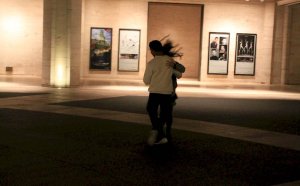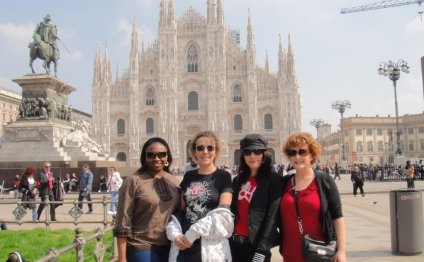
Female Musical artists
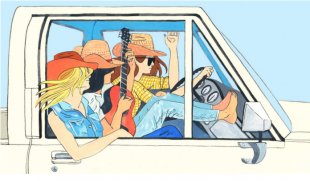
Underrepresentation of women extends to the music industry proving women are still looking for a little respect.
In 1967 Aretha Franklin recorded “Respect, ” written by Otis Redding on the album I Never Loved A Man The Way I Love You. In the nearly 50 years since that classic song, our world has changed, industries transformed and society evolved in unexpected ways. And while headline stars like Madonna, Taylor Swift, and Beyonce have kept women in the spotlight, a deeper analysis shows that women in music suffer similar underrepresentation as women in computing sciences and other technical arena.
Chicago-based musician and writer, Ellen McSweeney recalls how her childhood violin teacher once told her, “I would advise you to think very, very carefully about all of this...being a musician and having a family is extremely difficult.” Perhaps that type of discouragement has something to do with the industry’s low, representative numbers.
AIM's 2012 membership survey revealed that only 15 percent of label members are majority-owned by women. Statistics consistently show that women in music earn less than their male counterparts. Despite the music industry signing up to UK Music's Equality and Diversity Charter at the beginning of 2012, there is little sign of things improving. PRS, a UK based association for music, reports that their membership of over 95, 000 songwriters and composers is only 13 per cent female. Zel McCarthy at Thump said, “Although imagining a rave without girls is a sad and scary notion (and an awkward reality at some dubstep shows), people don't seem to blink when dude after dude rolls up to the decks at the world’s biggest festivals.
Earlier this year when Jessica Hopper interviewed Bjork for her piece “The Invisible Woman” issues facing women in music came into full focus,
Yeah, I didn’t want to talk about that kind of thing for 10 years, but then I thought, “You’re a coward if you don’t stand up. Not for you, but for women. Say something.” So around 2006, I put something on my website where I cleared something up, because it’d been online so many times that it was becoming a fact. It wasn’t just one journalist getting it wrong, everybody was getting it wrong. I’ve done music for, what, 30 years? I’ve been in the studio since I was 11; Alejandro had never done an album when I worked with him. He wanted to put something on his own Twitter, just to say it’s co-produced. I said, “No, we’re never going to win this battle. Let’s just leave it.” But he insisted. I’ve sometimes thought about releasing a map of all my albums and just making it clear who did what. But it always comes across as so defensive that, like, it’s pathetic. I could obviously talk about this for a long time.
The Invisible Woman: A Conversation with @bjork: via @pitchfork #womeninmusic #genderequality
— Play Your Gender (@playyourgender)Around this exposure, or lack thereof, have sprung new groups and forums to encourage and show women in music, effectively making music in hope to change the visibility (and ultimately the representation) of women across the industry. Since 1998, Female:Pressure, an international network of over 1, 600 female artists from 66 countries has been doing precisely that.
Still, females are regularly underrepresented in live music. At the 2014 Coachella music festival, just 20.4 percent of the 166 acts featured women, and at Bonnaroo music festival, women made up 35 of the 192 acts (18.2 percent).
YOU MIGHT ALSO LIKE
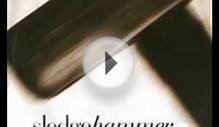
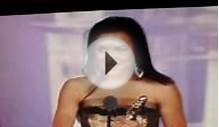

Share this Post
Related posts
Top Musical artists of all time
For almost 30 years — my entire career, really — all I ve been doing is trying to discover another Diana Ross. I obviously…
Read MoreNew Musical artists
With the overwhelming amount of music coming out each week, it’s easy to bypass certain new artists throughout the year…
Read More

